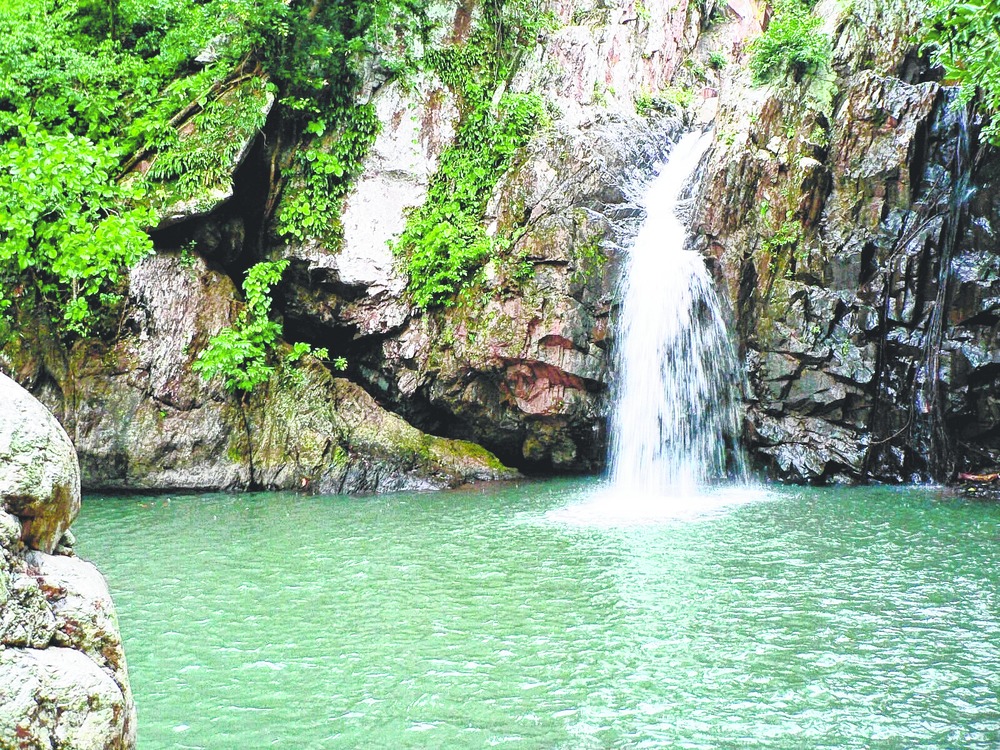
Baripada, Jan. 26: Authorities of the Similipal Tiger Reserve would tap the ecotourism potential of the place by developing at least two tourist spots - Sitakund and Lulung - in Mayurbhanj district.
Sitakund is known for waterfall and Lulung for vast serene forest patch beside the Palpala river.
The two places are located in the fringes of the sanctuary. Sitakund is a part of the national park.
This place is much more importance for Hinduism and its natural beauty draws travellers.
On the other hand, rolling hills covered in thick forests, presence of an array of fauna, the sky-kissing Sal trees and the talkative Palpala river greet one at Lulung. One can explore the forest and visit the beautiful 399-metre-high Barehipani waterfall and 150-metre-high Joranda waterfall at this place.
From Lulung, tourists can also get a good view of the surrounding peaks such as the 1158-metre-high Meghasani peak and the 1178-metre-high Khairiburu peak. Moreover, other rivers such as the Khairi, Budhabalanga and the Salandi meander throughout the forest.
During winter, hundreds of tourists and nature lovers visit the spots, especially on Sundays and holidays.
The plans will be executed through the eco-development committees with the help of local villagers surrounding the picnic spots.
The tiger reserve's deputy director Ajit Satpathy said: "We bare forming eco-development committees and ecotourism groups to look after the spots, which will be developed with water and illumination facilities. The committees will collect nominal entry from the tourists."
At present, the eco-development committees are functioning at Devkund and Kumari - two other spots frequented by tourist. The department plans to include these places of tourist interest under its ecotourism plan as well.
Apart from water, electricity and toilet facilities, the ecotourism groups would provide oven, utensils and other materials to the picnickers for cooking.
They will also maintain the sanitation and hygiene of the areas.
"At present, tourist movement at these spots are unregulated. After formation of the eco-development committees and the ecotourism groups, it will be regulated. The committees will collect an amount of Rs 100 from each group," said field director of the tiger reserve H.K. Bisht.
"The objective is to engage the local tribal people and empower them financially, and above all, dissuade them from poaching and tree-felling," he said.










